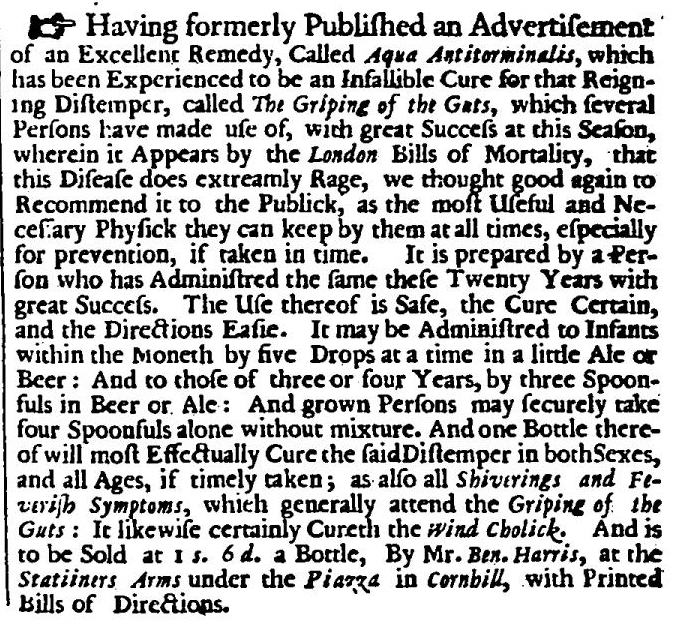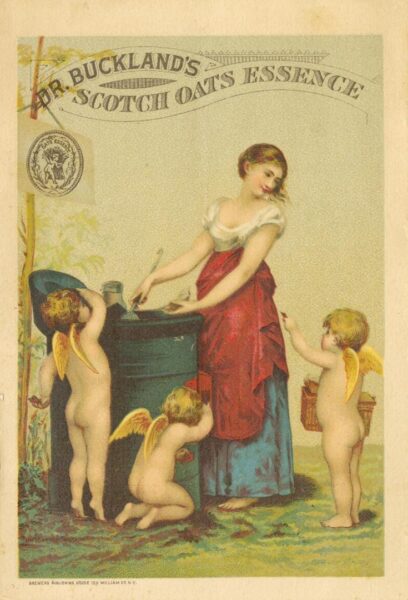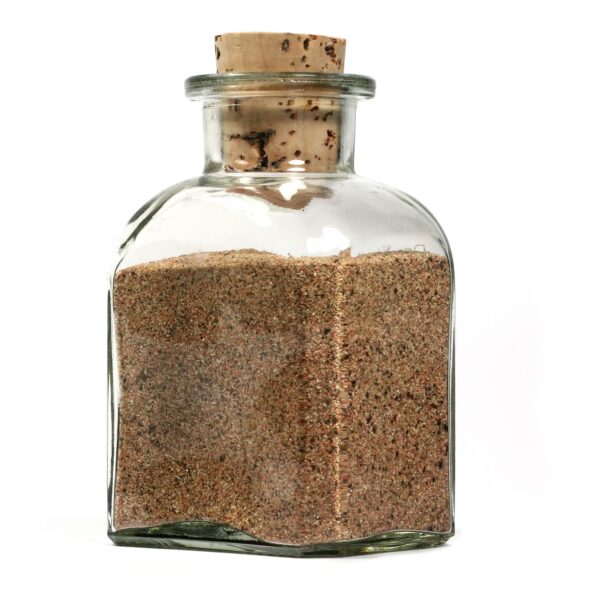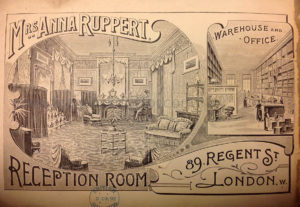 Having formerly Published an Advertisement of an Excellent Remedy, Called Aqua Antitorminalis, which has been Experienced to be an Infallible Cure for that Reigning Distemper, called The Griping of the Guts, which several Persons have made use of, with great Success at this Season, wherein it Appears by the London Bills of Mortality, that this Disease does extreamly Rage, we thought good again to Recommend it to the Publick, as the most Useful and Necessary Physick that they can keep by them at all times, especially for prevention, if taken in time. It is prepared by a Person who has Administered the same these Twenty Years with great Success. The Use thereof is Safe, the Cure Certain, and the Directions Easie. It my be Administered to Infants within the Moneth by five Drops at a time in a little Ale or Beer: And to those of three or four Years, by three Spoonfuls in Beer or Ale: And grown Persons may securely take four Spoonfuls alone without mixture. And one Bottle thereof will most Effectually Cure the said Distemper in both Sexes, and all Ages, if timely taken: as also all Shiverings and Feverish Symptoms, which generally attend the Griping of the Guts: It likewise certainly Cureth the Wind Cholick. And is to be Sold at 1s. 6d. a Bottle, By Mr. Ben. Harris, at the Statiiners Arms under the Piazza in Cornhill, with Printed Bills of Directions.
Having formerly Published an Advertisement of an Excellent Remedy, Called Aqua Antitorminalis, which has been Experienced to be an Infallible Cure for that Reigning Distemper, called The Griping of the Guts, which several Persons have made use of, with great Success at this Season, wherein it Appears by the London Bills of Mortality, that this Disease does extreamly Rage, we thought good again to Recommend it to the Publick, as the most Useful and Necessary Physick that they can keep by them at all times, especially for prevention, if taken in time. It is prepared by a Person who has Administered the same these Twenty Years with great Success. The Use thereof is Safe, the Cure Certain, and the Directions Easie. It my be Administered to Infants within the Moneth by five Drops at a time in a little Ale or Beer: And to those of three or four Years, by three Spoonfuls in Beer or Ale: And grown Persons may securely take four Spoonfuls alone without mixture. And one Bottle thereof will most Effectually Cure the said Distemper in both Sexes, and all Ages, if timely taken: as also all Shiverings and Feverish Symptoms, which generally attend the Griping of the Guts: It likewise certainly Cureth the Wind Cholick. And is to be Sold at 1s. 6d. a Bottle, By Mr. Ben. Harris, at the Statiiners Arms under the Piazza in Cornhill, with Printed Bills of Directions.
Source: Domestick Intelligence or News both from City and Country 12 Sept 1679
————————————————————————————–
.
In the late 1990s, a person who shall remain nameless described to me their stomach bug symptoms thus:
There’s shit coming out my arse like it was Niagara Falls.
So it was for the unfortunates who needed the above medicine. ‘Griping of the guts’ sounds a rather colourful way of describing a simple tummy-ache, but advertiser Benjamin Harris’s assertion that it ‘does extreamly Rage’ was no exaggeration – the condition could be deadly.
In the year of this advert, griping in the guts appeared in London’s Bills of Mortality as the cause of 2996 deaths. Most of those would have been infants. The diagnosis covered a variety of gastrointestinal diseases, but bacterial infections – particularly E. coli – are the main suspects.
The Bills list dysentery separately as ‘Bloody flux, scowring and flux’ (61 deaths) but there was no doubt some overlap between the categories. Yet more digestive problems appear as ‘vomiting’ (27) and ‘worms’ (38), while the term ‘convulsion’ – responsible for no fewer than 2837 deaths – probably encompassed cases of infant diarrhoea.
Griping in the guts was therefore a good bet for advertisers of proprietary medicines in the late 17th century. Worried parents were the ideal market, and there was the added bonus that many adult sufferers would recover naturally from a bout of the shits, thus making the remedies seem effective.
Should one find oneself ‘troubled with a looseness’, however, there were plenty of alternatives to buying an advertised medicine.
M. Flament, in The art of preserving and restoring health (1697), advised a pleasant-enough draught of almond oil, rose-water and sugar, followed two hours later by some broth and a new-laid egg. Less appealingly, these should be accompanied by bloodletting and a daily clyster of barley, bran, two raw egg yolks and sugar.
Robert Boyle recommended the following, which sounds like a brilliant snack whether or not you were ill:
Into a quarter of a pint of brandy, put a toast of bread whilst very hot ; and as soon as it is thoroughly drenched, let the patient take it out, and eat it hot: and this may be repeated, if there be need, two or three times a day.
Dutch physician Paul Barbette, meanwhile, gave a long list of remedies, the most unusual being:
Burn live Crafishes in an earthen Pipkin well-closed, until they be so burnt as to be reduced to powder; of which give to the Patient mornings and evenings a Thimble-full or two in a convenient Liquor.
And:
Take of Mummy, a little Mastick, Bol-Armeniack, Sanguis Draconia, mix them together, and make a powder of them, and take of it in a convenient Liquor, the weight of a dram, once or twice a day.
‘Mummy’ meant… well, mummy. Not as in the person who gave birth to you, but as in ‘The Curse of...’
Powdered mummy was in use in European medicine from the 12th century, resulting in the destruction of thousands of ancient Egyptian corpses. The practice was not without its critics – in the 16th century, Michel de Montaigne and Ambroise Paré (and probably lots of less illustrious people) expressed their disapproval. Pare’s objections were on the grounds that mummy medicine didn’t work, rather than that it was creepy.
There was, of course, a finite supply, and by Barbette’s time there were no guarantees that what you were getting was from a genuine mummy. At the seedier end of the business, counterfeiters used whatever corpses they could get hold of.
Mummy was more often used to treat bruising than for stomach bugs, so let us return to the alimentary canal and finish with a 1703 case described by William Salmon. In Collectanea medica, the country physician: or, a choice collection of physick: fitted for vulgar use, he detailed various cases of dysentery that he cured in different ways, including this particularly satisfied patient:
One who had a Bloody Flux, with a pain in his Belly, had used many things, but all in vain: At length he sat over the fumes of a decoction of Beans, and took it in by straining, and thrusting forth his Fundament: He found nothing which did him more good.



William Salmon’s remedy gives a new shade of meaning to aerobics. It requires some unusual and little practised skills of muscular coordination.
I am going to remember the titular phrase – very elegant and useful, under certain, um, circumstances.